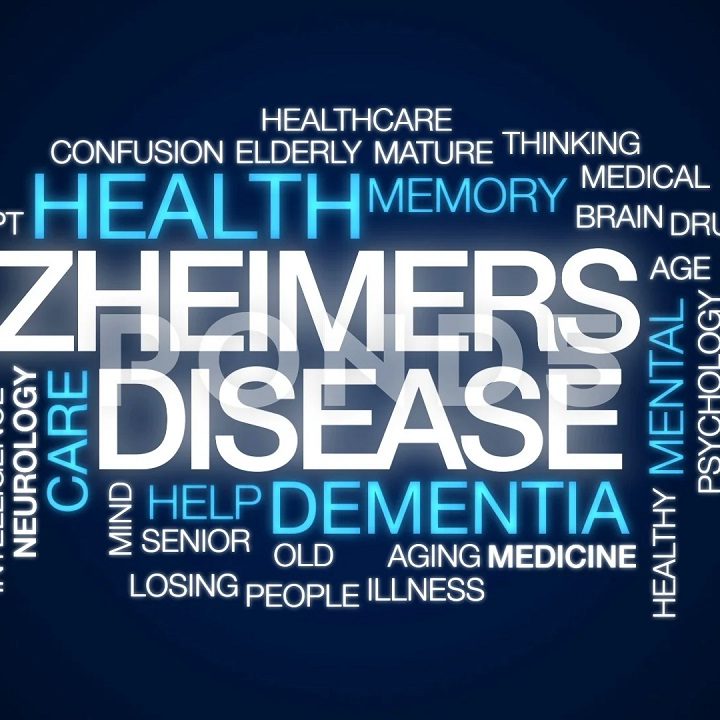Home Remedies For Anemia
Anemia is a decrease in your blood cell count, and/or a decreased hemoglobin content in the blood. Since red blood cells are the ones responsible, for carrying oxygen to the cells via the hemoglobin, a lower amount would mean low oxygen in all your body’s tissues, and if you are pregnant your baby gets less oxygen as well. Anemia can be caused by blood loss, which means that not enough red cells are being produced, or that too many red cells are being killed off. Home remedies for anemia are a great solution.
Many medical conditions cause anemia. Common causes of anemia include the following:
Anemia from active bleeding
Loss of blood through heavy menstrual bleeding or, wounds can cause anemia. Gastrointestinal ulcers or cancers such as cancer of the colon may slowly ooze blood and can also cause anemia.
Iron deficiency anemia
The bone marrow needs iron to make red blood cells. Iron plays an important role in the proper structure of the hemoglobin molecule. If iron intake is limited or inadequate due to poor dietary intake, anemia may occur as a result. This is called iron deficiency anemia. Iron deficiency anemia can also occur when there are stomach ulcers or other sources of slow, chronic bleeding (colon cancer, uterine cancer, intestinal polyps, hemorrhoids, etc). In these kinds of scenarios, because of ongoing, chronic slow blood loss, iron is also lost from the body (as a part of the blood) at a higher rate than normal and can result in iron deficiency anemia.
Symptoms of anemia may include the following:
- Because a low red blood cell count decreases oxygen delivery to every tissue in the body, anemia may cause a variety of signs and symptoms. It can also make almost any other underlying medical condition worse. If anemia is mild, it may not cause any symptoms. If anemia is slowly ongoing (chronic), the body may adapt and compensate for the change; in this case, there may not be any symptoms until the anemia becomes more severe.
- Fatigue
- decreased energy
- weakness
- shortness of breath
- lightheadedness
- palpitations (feeling of the heart racing or beating irregularly)
- looking pale
It’s very important to get the proper nutrients into the body. Eating a diet rich in cereals, rice, pasta, dairy products (milk, yogurt, and cheese), vegetables and fruits, meat, poultry and fish, and finally dry beans, eggs, and nuts. Has been proven to help boost the immune system.
Make sure you are eating plenty of iron-rich food, such as liver, green leafy vegetables, beets, dried fruits, bran flake, oysters, brown rice, lentils and molasses, raisins, prunes; bread and pasta made from whole grain flour.
Usually, anemia is due to iron deficiency, but also can be caused by not having enough Vitamin B12; B6; Folic acid; and/or copper in your system. During your pregnancy blood counts will be done, which will help to determine what vitamins or nutrients you are lacking; but in some cases, more specific tests are needed. These might include blood work for Iron; Vitamin B12; Ferritin; Iron binding capacity, and folic acid levels. Just taking Iron is not always the answer, that’s why it’s important to find out the real cause of Anemia from the blood test.
There is another type of Anemia called “Pica”. In this kind of Anemia, you may have rare cravings, in which you will want to eat substances other than food, such as coal, dirt, starch, or hair; this kind of Anemia is usually a sign of a nutritional deficiency.
Home Remedies For Anemia
- It’s very important to get the proper nutrients into the body. Eating a diet rich in cereals, rice, pasta, dairy products (milk, yogurt, and cheese), vegetables and fruits, meat, poultry and fish, and finally dry beans, eggs, and nuts. Has been proven to help boost the immune system.
- Almonds contain copper to the extent of 1.15 mg per 100 gm. Copper along with iron and vitamins acts as a catalyst in the synthesis of hemoglobin. Almonds are, therefore, a useful remedy for anemia. Seven almonds should be soaked in water for about two hours and ground into a paste after removing the thin red skin. This paste may be eaten once daily in the morning for three months.
- Make sure you are eating plenty of iron-rich food, such as liver, green leafy vegetable, beets, dried fruits, bran flake, oysters, brown rice, lentils and molasses, raisins, prunes; bread and pasta made from whole grain flour.
- Avoid drinking coffee, and tea and ingesting antacids, because they decrease iron absorption.
- Try to cook in iron pots; it is proven that doing it can significantly increase the amount of iron in your foods.
- During your pregnancy, it’s important to take the correct vitamins that will help you and your baby to be healthy.
- Diet is of utmost importance in the treatment of anemia. Refined foods like white bread, polished rice, sugar, and desserts rob the body of its much-needed iron. Iron should preferably be taken in its natural organic form in food. The emphasis in the diet should be on raw vegetables and fresh fruits which are rich in iron. Eliminate junk foods from your diet, especially fried foods as these foods are high in calories but very low in nutritional value. Bakery products too are extremely unhealthy as they contain plenty of processed fats, sugars, and flour. Substitute regular polished rice with unpolished rice as far as possible.
- In addition take an organic form of Iron ( amino acid chelate ): 100 mg of elemental Iron daily (Iron aspararte, citrate, or picolinate ), not the poorly absorbed sulphate which may cause constipation and/or stomachache. Vitamin C (500 mg), it’s recommended to be taken with iron for better absorption. Desiccated liver tablets may be helpful as well and a Folic acid supplement, with Vitamin B6 and B12, should be used to prevent anemia.
Also, herbs can help your body to maintain a good level of iron, such as:
- 1/2 to 1 tsp. of the tincture of Yellow dock root three times daily, or 1/2 to 1 tsp. of extract of Dandelion leaf and or root or two capsules twice daily, or Eat Dandelion greens in your salads.
- Manganese is helpful for protein and fat metabolism, healthy nerves, the immune system, and blood sugar regulation. Manganese is essential for people with iron deficiency anemias. Manganese deficiencies may lead to atherosclerosis, confusion, eye problems, hearing problems, heart disorders, high cholesterol levels, high blood pressure, pancreatic damage, rapid pulse, tooth-grinding, memory loss, tremors, and a tendency to have breast ailments.
- Diet and regular breathing exercises are the two key ingredients in the treatment of anemia. Deep breathing exercises, such as those suggested in yoga, and regular light exercises such as walking and swimming help to regularize breathing and thus use the lungs to their full capacity, increasing the flow of oxygen in the body. The iron deficiency which characterizes anemia should be made up as far as possible by consuming iron in the natural form found in organic food. You should focus on a diet of fresh fruits and vegetables rich in iron content and avoid refined foods such as polished rice, white flour, sugar, and desserts that rob the body of essential iron. Beets are not only a rich source of iron, but they also contain potassium, phosphorus, calcium, sulfur, proteins, and vitamins B1, B2, B6, and vitamin P which are all beneficial in increasing resistance of the body by improving the immune system and increasing the hemoglobin count in the blood. You can have 1 cup of fresh beetroot juice daily for the best results. Lettuce is another rich source of iron, which can be easily absorbed by the body, so you should increase your use of lettuce in your salad preparations. Another leafy vegetable that is rich in iron content is spinach which is highly beneficial for the build-up of hemoglobin and red blood cells. Soybean is also rich in iron content but it can be difficult to digest so you should consume it in the form of milk. Black sesame seeds, another rich source of iron, can be soaked for a few hours in warm water, ground, strained, and mixed with 1 cup of warm milk with honey or jaggery to improve the taste and consumed twice a day.
- Soya bean is rich in iron and also has a high protein value. As most anemic patients usually also suffer from weak digestion, it should be given to them in a very light form, preferably in the form of milk, which can be easily digested.
Author: Dr Izharul Hasan
READ MORE:



One thought on “Home Remedies For Anemia”